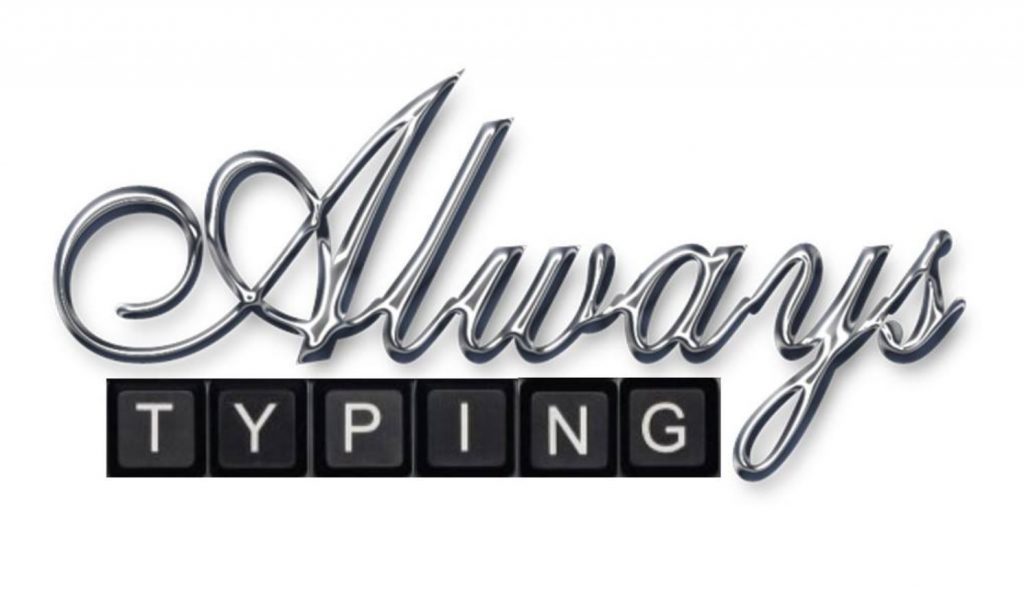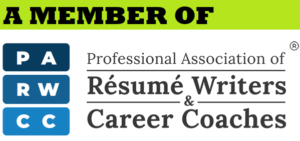Did you know that not asking questions at the end of an interview says a lot about you as a candidate? Most notably, telling the hiring manager that you have no questions for them indicates that you are not interested in the position.
There are many good questions to ask at the end of an interview to let the employer know you are interested in the job. It’s also important to remember that an interview isn’t supposed to be a question and answer session. It should be an equal exchange of information. The information you walk away with will be lacking if you don’t ask questions.
Stop wondering what questions to ask. Keep reading to build your end-of-interview-question arsenal.
Table of Contents
ToggleGood Questions to Ask at the End of an Interview:
It’s always a good idea to avoid salary or compensation questions until the company brings that up. And you should always stray away from awkward or overly personal questions. Below, we’ll outline some of the best end-of-interview questions for you to choose from:
#1 What Is the Most Important Quality the Person You Hire Will Have?
This question lets you know what the employer finds the most important. Most of the time, you’ve already discussed this during the interview, so you can work it in two different ways.
- If discussed, say, “Since we discussed X, Y, and Z as important qualities, which of those would say is the number one quality for the new hire to have?”
- If you haven’t discussed, say, “What is the most important quality the new hire will have for this role?”
This also allows them to get more information about the type of person they are looking for.
#2 What Do You Consider to Be the Most Important Question You Asked During the Last Hour?
People get very nervous during job interviews and sometimes mess up when answering. By asking this question, you not only understand the top qualities the company wants but also give yourself an opportunity to expand on a previously lackluster response.
#3 What Are the Biggest Challenges Your Company Is Facing?
This is one of the best questions to ask at the end of the interview! First, you find out about potential challenges you’re walking into if you are hired. And second, you get to discuss how your strengths can help them overcome the challenge. It’s a win-win for both you and the employer.
#4 What Will Be the Most Challenging Aspect of This Role?
This question gives you insight into information that is vital to making a good decision about taking the role. You’ll learn a bit about the leadership style and culture, while also discovering whether you think you’ll fit the position well enough to overcome these challenges.
Also, some interviewers may say negative things about existing leaders, team members, or candidates when answering this question. That is a major red flag that will show you the type of culture you’d be joining.
#5 Can You Tell Me About the Direct Manager for This Role?
Another one of the best questions to ask an employer is about who your manager will be if hired. First, you can go home and research them online to learn more about them. And second, you can get a review from an internal team member about the type of leader you’ll work under. You may also be able to segue this question into an opportunity to meet the person.
#6 What Is the Team Like?
Fitting in with the team you’ll be joining is kind of a big deal. Asking the interviewer this question allows them to see that you know it is a big deal and want to fit in if hired. This will leave a good impression on the interviewer. Once they have responded, be sure to show excitement about what you learned and explain how you think you’d be a great fit.
#7 What Is the Company’s Culture Like?
This one is much in alignment with the previous question. A company’s culture can make or break a team. You want to know what type of environment you’ll be walking into. For example, if they say it’s a fast-paced, high-pressure environment, you know that there will be high expectations. You can then decide if that is something you truly want to join.
#8 Are There Formal Performance Evaluations? How Is It Measured?
Everyone wants to know how they will be evaluated on the job. By asking how performance is measured and how often, you’ll get a good idea about how you can expect to receive future promotions or salary increases. The answer to this question also gives you insight into performance standards in the company.
#9 Why Are You Hiring for This Position?
Likely, if the company can’t keep someone in the role, you’ll want to know ahead of time. Asking why the position is open will give you the information needed. Some positions are brand new and that’s why they are hiring. Others are because the role is probably too difficult with low pay and they can’t keep a worker. The answer will give you an idea of which it is.
#10 Where Do You See the Person You Hire for This Role in 6 Months or 1 Year
One of the most common interview questions they’ll ask you is where you see yourself in 5 years. After you answer that questions, use this question to put it back to them. You’ll learn whether the are opportunities for advancement. You can also find out whether they’ll let you perform stretch assignments (i.e., tasks outside of your normal job) to enhance your skills and possibly advance to a new position later.
Update Your Resume to Secure Your Next Interview
Now you have a list of good questions to ask at the end of an interview. Before you’re ready to jump into interviewing, you need to make sure your resume is updated! An unprofessional resume could be the difference between earning an interview spot or not.



